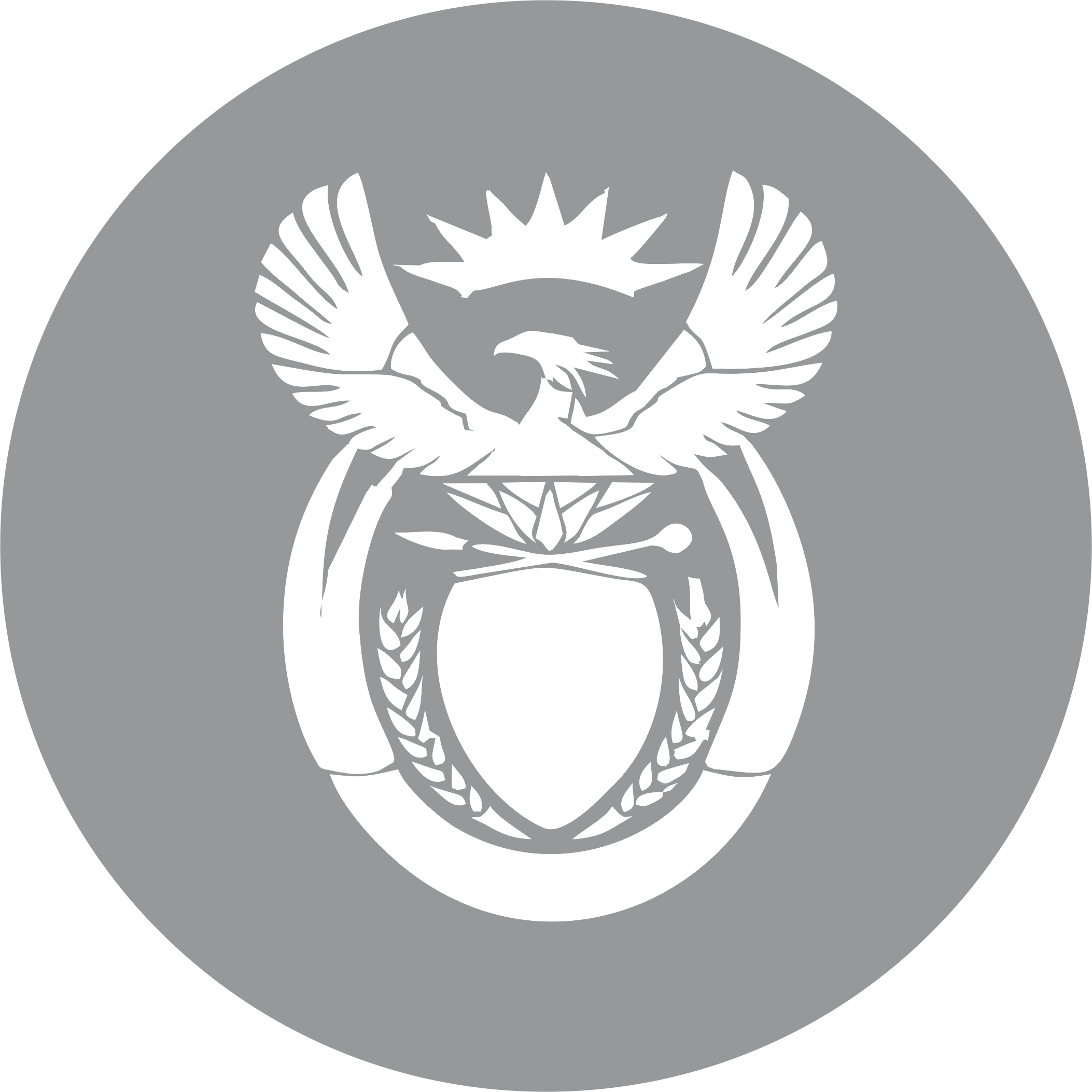
14 Jun How to get Feedback when applying for potential Job Opportunities
How to get Feedback when applying for potential
Job Opportunities
Are you tired of submitting job applications and never hearing back? Don’t worry, you’re not alone. Many job seekers find themselves in a frustrating cycle of silence, wondering what went wrong, or if their CV was even received. In this blog post, we will explore how to obtain feedback after applying for a job, giving you the insight you need to improve your chances of success.
Why Is Feedback Important?
Feedback is an essential component of personal and professional growth. When it comes to job applications, feedback can provide valuable insights into your strengths, weaknesses, and areas for improvement- in both your CV and your interview.
-
Keep a Record of the Positions that you are Applying For
The first step in looking for a job should always be to get a diary and notepad (digital or paper), where you can keep a record of all the positions that you apply for. I cannot tell you the number of people who come through for interviews and have no idea what job they are being interviewed for because they blindly submit applications. Make a note of the position, who you applied to, and the deadline.
-
Follow Up with a Polite Inquiry
After submitting your job application, it’s crucial to follow up with a polite inquiry regarding the status of your application. Craft a concise and professional email expressing your continued interest in the position and politely ask for any feedback or updates. Keep the tone positive and thank them for considering your application. This demonstrates your enthusiasm and proactive attitude toward the opportunity.
-
Seek Feedback from Peers and Mentors
Leverage your professional network and connections to gather feedback. Reach out to individuals who work in a similar industry or have experience with recruitment and interviewing. Request their insights and advice on your application materials, such as your CV or cover letter. Ask for their advice on how tricky answers to questions, such as the reason for leaving, come across. Their perspective can provide valuable guidance and potentially uncover areas for improvement.
-
Analyze Your Application Materials
Take a critical look at your application materials, including your resume, cover letter, and portfolio. Review them with a fresh perspective and ask yourself the following questions:
- Is the information clear, concise, and well-organized?
- Is it professionally saved as an original PDF document?
- Does it effectively highlight your relevant skills and experiences?
- Are there any grammatical or formatting errors that could hinder your chances?
- Is it up to date with your most recent position, skills, availability, residential area, etc.?
By analyzing your materials objectively, you can identify areas that may need improvement and make the necessary adjustments.
-
Reflect on Interview Experiences
If you were fortunate enough to secure an interview, reflect on your performance afterward. Consider what went well and what could have been better. Did you adequately prepare for common interview questions? Did you effectively communicate your qualifications and enthusiasm? Take note of any feedback provided by the interviewer and use it to refine your interview skills for future opportunities.
-
Implement Feedback for Continuous Improvement
Once you have gathered feedback from various sources, it’s time to implement it. Take the insights you have gathered and make the necessary improvements to your application materials, interview techniques, and overall job search strategy. Remember that feedback is not meant to discourage you but rather to help you grow and succeed.
Remember, if you are the best person for the job- who wouldn’t want to employ you?! Often, the reason you are not being shortlisted comes down to simple errors or miscommunications that can be rectified through communication.



